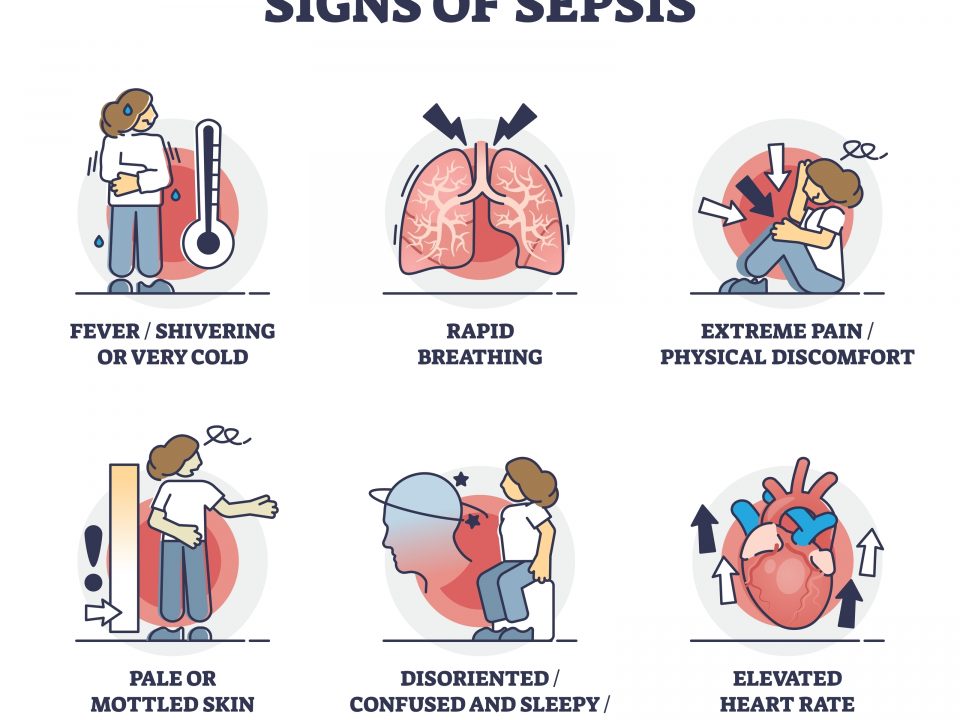
Martha’s Law and the Medico-Legal Imperative of Second Opinions
6th October 2025
Expert Evidence, Independence and Expression: Lessons from John Good v West Bay Insurance plc [2025] SC AIR 70
4th November 2025In Brown v Morgan Sindall Construction & Infrastructure Ltd [2025] EWHC 2204 (King’s Bench), expert psychiatric evidence was adduced by the defendant suggesting that the claimant had exaggerated or dishonestly reported psychological symptoms. Among the tools suggested were validity tests intended to assess whether symptom complaints were genuine or non-organic (or partially non-organic). However, the Court rejected the usefulness of these tests in this case. This has important implications for medico-legal practice, especially when assessing patients who may, or may not, have non-organic components to their presentation.
What the Court Decided
In Brown, the court heard evidence from psychiatric experts about the possibility of exaggeration or even dishonesty in the claimant’s account of symptoms. The defendant sought to rely on “validity-type” testing to support this. But the Court ultimately did not accept that these tests provided a reliable basis to find that the symptoms were non-organic or exaggerated. The judge noted that such tools or tests have limitations, particularly in the context of repeated assessments, co-morbid conditions, and the inevitable variability in human symptom report. There was insufficient robustness or precision in the evidence for the Court to conclude that particular psychological symptoms were not genuinely experienced. Therefore, in this case, validity tests could not be used to undermine the claimant’s testimony or expert’s opinion of genuine psychological injury.
What Are Validity Tests—and Why They Are Proposed
“Validity tests” in this context broadly refers to standardized or semi-standardized psychological or psychiatric tests meant to detect malingering, exaggeration, or non-organic symptom contributions. There are many examples of these, including forced-choice tests, symptom validity tests (SVTs), performance validity tests (PVTs), structured interviews, or objective measures designed to discriminate between organic versus non-organic disease or exaggeration.
These tests are proposed in medico-legal disputes as tools to:
- Aid experts in distinguishing honest symptom reporting from exaggeration or malingering;
- Provide objective evidence, which might avoid or reduce reliance solely on subjective symptom report;
- Potentially sharpen the evidence, giving the Court more confidence in determining damages, causation, or the veracity of complaints.
Why Validity Tests May Be Lacking or Risky
Despite their intended role, validity tests have well-recognised limitations. Key among them:
- False negatives and false positives: No test is perfect. Validity tests may incorrectly “fail” a patient who is genuinely unwell but has factors (e.g. stress, comorbidity, cognitive impairment) that can interfere with test performance.
- Repetition and learning effects: If tests are repeated (especially similar items or formats), patients can learn how to “pass” them, whether or not their underlying condition has changed. This risks the test being “gamed” or at least manipulated, intentionally or unintentionally.
- Context dependence: Time, the setting of the test, the examiner, mood and other factors can affect the performance on validity tests..
- Diagnostic overlap & complexity: Many psychiatric or psychological disorders have overlapping features (organic, non-organic, somatic, conversion, etc.), which may confound simple binary “genuine vs exaggerated” conclusions.
Non-Organic Disease, Reassessment, and the Patient Who “Knows the Test”
An under-discussed issue is that once a particular validity test or strategy becomes known (either through prior expert assessments, cross-examination, or legal awareness), a patient may adapt their responses in later assessments to avoid being flagged. This is especially relevant in repeated medico-legal or insurance assessments. For example:
- A patient who initially fails a forced-choice validity test may later learn how to avoid performance errors or to pick up on cues, thus “passing” the test even if their symptom reporting remains exaggerated or non-organic in part.
- Reassessment using the same or similar tests may thus lose discriminatory value, particularly if the earlier test has been disclosed or discussed.
- Moreover, in cases with non-organic disease (or mixed organic/non-organic), symptoms may fluctuate. A patient might simply be in a better psychological state at the later assessment, producing more credible presentation, which doesn’t necessarily mean the earlier condition was fully organic.
Are Validity Tests Useful?
Given Brown, the answer seems to be: they can be, but with great caution.
- Usefulness: Validity tests can form part of the expert’s toolkit. They may alert to possible exaggeration, offer quantifiable data, help structuring a thorough cross-examination, and assist the court where there is reliable administration and interpretation.
- Limits: They should not be the sole basis for findings of non-organic disease or dishonesty. They should be interpreted in light of the whole clinical picture (history, collateral information, consistency across time and settings, comorbidity). Experts must disclose limitations such as test sensitivity/specificity, risk of “faking good” if tests are known, and the possibility of false findings.
Practical Implications for Expert Witnesses and Lawyers
For experts:
- Be rigorous in choice, administration, and interpretation of validity tests. Use them where validated, appropriate and current;
- Document all limitations and ensure testing is blind (if possible), carefully controlled, and including collateral information;
- Be alert to patient’s prior awareness of tests, possible learning effects, or coaching.
For lawyers and courts:
- Scrutinize expert reports that rely heavily on validity test results, particularly if assessments are repeated or similar tests used;
- Be cautious in treating “passing” of such a test in a later assessment as dispositive of non-exaggeration;
- Ensure that experts do not overstate what the test shows, and that cross‐examination probes consistency, possible adaptation by the patient, and other non-test evidence.
Conclusion
Brown v Morgan Sindall underscores that validity tests in expert evidence are not ordinarily sufficient to negate the credibility of subjective psychiatric symptom complaints on their own. They may nevertheless be useful tools—if used appropriately, interpreted carefully, and placed in broader clinical context. Especially important is the possibility that a patient may, over time or over repeated assessments, “learn” or adapt so as to pass tests—even where non-organic or exaggerated elements remain. For medico‐legal practitioners, it is important to work with a holistic, critical, and transparent approach to expert psychiatric assessment and evidence.




